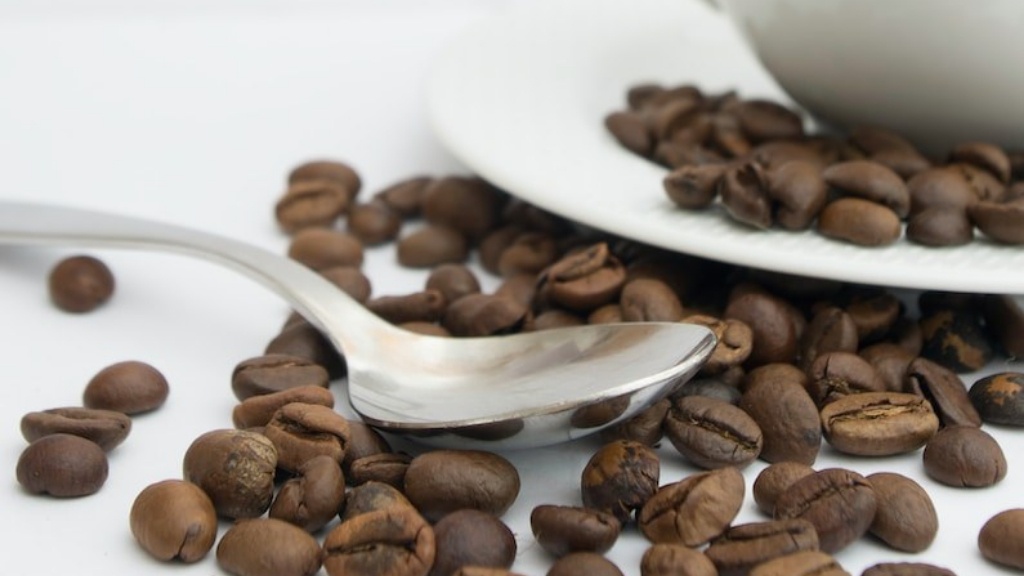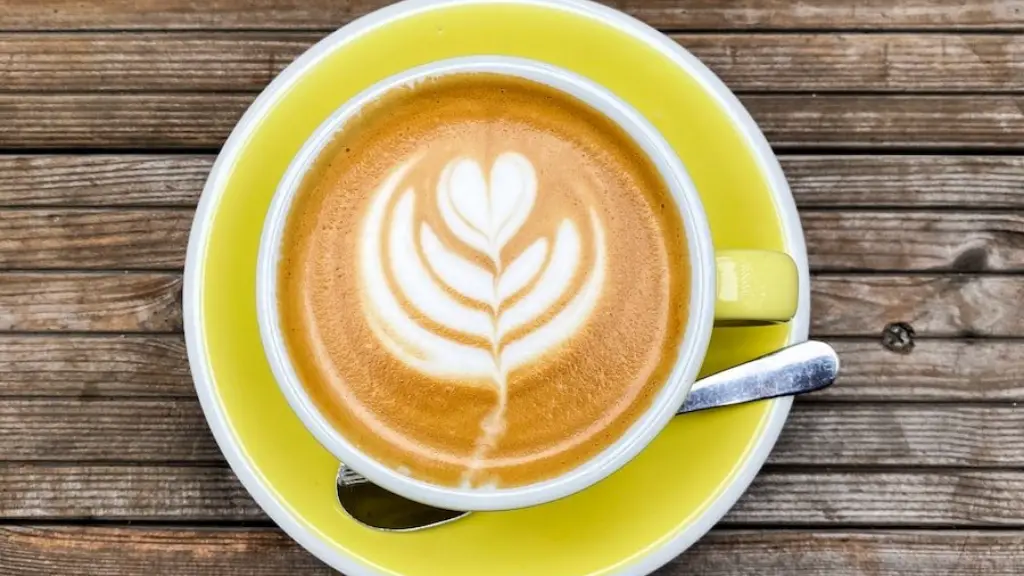Coffee is popular around the world, with over 2.25 billion cups consumed each day. Nevertheless, it is no secret that drinking too much coffee can be bad for you. But, is it okay to drink coffee everyday?
Research has shown that drinking coffee in moderation can be beneficial. According to the World Health Organization (WHO), up to four cups of coffee a day can be part of a healthy lifestyle. Other studies note that drinking up to three cups a day may help lower the risk of certain diseases, such as Alzheimer’s or diabetes.
In addition, coffee can help to increase energy levels, boost metabolism and even improve your mood. Although it may not always be a long-term solution for energy, it can give you an extra boost when you need it the most. Coffee also contains polyphenols, which are powerful antioxidants that protect your body from the damage caused by free radicals.
However, drinking too much coffee can have its own set of problems. Caffeine is a stimulant and can cause anxiety, restlessness and insomnia in some individuals. Additionally, many coffee drinks contain added sugar and calories, which can lead to unwanted weight gain. Furthermore, excessive consumption of caffeine can have an impact on your digestive system and can worsen conditions such as irritable bowel syndrome.
Overall, drinking coffee in moderation can be beneficial, while excessive consumption can have unwanted side effects. It’s important to pay attention to your own body and try to find the balance that works best for you. If you notice any of the above mentioned side-effects, reduce your coffee intake or switch to decaf.
Does Drinking Coffee Help You Focus?
Coffee is often used as a pick-me-up to improve focus and energy. Many people believe that drinking coffee will help them focus and even enhance their cognitive performance.
However, research has shown mixed results when it comes to the effects of caffeine on focus and brain power. While it can help to improve focusing and attention span in some individuals, these effects can be relatively short-lived. Other studies note that in some individuals, too much caffeine can have the opposite effect, leading to feelings of anxiety and reduced concentration.
Overall, it seems that the effects of caffeine on focus vary from one individual to another. Therefore, it might be best to experiment with different levels of caffeine, to find out what works best for you.
How Does Coffee Affect Appetite?
Coffee is often used as an appetite suppressant. Many people believe that coffee can help to reduce their appetite and therefore, help them stay on track with their health and fitness goals.
A recent systematic review of the available research concluded that coffee can help suppress appetite and therefore, it can be included in a weight-loss program. Furthermore, a study from 2020 found that coffee may stimulate the release of hormones that can reduce appetite, such as GLP-1 and leptin.
Nevertheless, coffee should not be seen as a magic pill for weight loss. While it may help to reduce appetite, it should be accompanied by other healthy lifestyle habits, such as a balanced diet and regular exercise.
What Happens If You Stop Drinking Coffee?
Many people are curious what would happen if they stopped drinking coffee. In some cases, quitting coffee can lead to initial symptoms of withdrawal, such as headaches, fatigue and difficulty concentrating. Nevertheless, these effects are generally temporary and should not last longer than a couple of days.
Furthermore, removing coffee from your diet can be beneficial for some people. Coffee can disrupt your natural sleep cycle and quitting it can have a positive effect on your sleep quality. Additionally, some individuals may be more sensitive to the effects of caffeine and may therefore, benefit from reducing their coffee intake.
Overall, quitting coffee is a personal decision, and you should decide what works best for you. If you do decide to quit, remember that it can take some time to adjust and your body may need to go through some withdrawal symptoms.
Does Coffee Have Any Nutritional Value?
Coffee is usually thought of as an energy booster, but does it have any other nutritional value?
Surprisingly, coffee does contain small amounts of some essential nutrients, such as potassium and magnesium. Furthermore, certain types of coffee, such as instant coffee, may also contain added vitamins and minerals.
Nevertheless, coffee’s main benefit is its caffeine content. Caffeine is a stimulant, which can help to boost energy and focus, but it is also addictive and should be used in moderation.
Additionally, keep in mind that many coffee drinks contain added sugar and calories. Therefore, watch out for those ingredients when you buy your coffee, or try to make your own at home.
Can Coffee Have Any Negative Health Effects?
Coffee is usually seen as a beneficial beverage, but can it have any negative effects on your health?
Drinking too much coffee can increase your risk of certain health conditions, such as insomnia, restlessness and anxiety. Furthermore, remember that coffee is a stimulant and can affect your digestion. In particular, caffeine can raise your blood pressure and increase your heart rate, which can be dangerous for individuals who already suffer from high-blood pressure.
Additionally, the way you make your coffee can also have a negative effect on your health. For example, if you put cream or sugar in your coffee, this will add extra calories to your daily intake.
Overall, while drinking coffee in moderation can be beneficial, it should still be consumed with care. Listen to your body and if you notice any symptoms related to over consumption of coffee, talk to your doctor or healthcare provider.
What Are The Best Types Of Coffee To Drink?
When it comes to drinking coffee, there is a variety of different types to choose from. The type of coffee you end up drinking will depend on your preferences and budget.
Instant coffee is one of the most popular types of coffee and it is also the cheapest. It is made from brewed coffee that is dried into a powder or granules, which you will then mix with hot water or milk.
On the other hand, ground coffee is usually fresher and has a stronger flavor. It is also more expensive than instant coffee and is usually sold in pre-ground bags.
Furthermore, espresso is also popular and can be found in most coffee shops. It is made by pressing hot water through finely ground coffee beans. It is usually stronger in flavor than regular coffee and contains less caffeine.
Lastly, cold brew is made by steeping ground coffee in cold or room temperature water for up to 24 hours. As a result, it is usually mellower in flavor and contains less caffeine than other types of coffee.
What Is The Best Way To Store Coffee?
When it comes to storing coffee, the key is to keep it away from light and moisture. For example, it’s best to keep it in an air-tight container, or in a dark, cool place. Additionally, it’s important to make sure that you use coffee that has been stored properly, as stale coffee can taste off and can be bad for your health.
If you want to purchase coffee in bulk, it’s best to store it in an air-tight container and in a cool and dry place. Additionally, make sure to check the best-by date on the package and only buy coffee that is fresh.
Overall, it’s important to store your coffee properly, as this can help to ensure that it maintains its aroma and flavor and can help to keep it fresh for longer.





